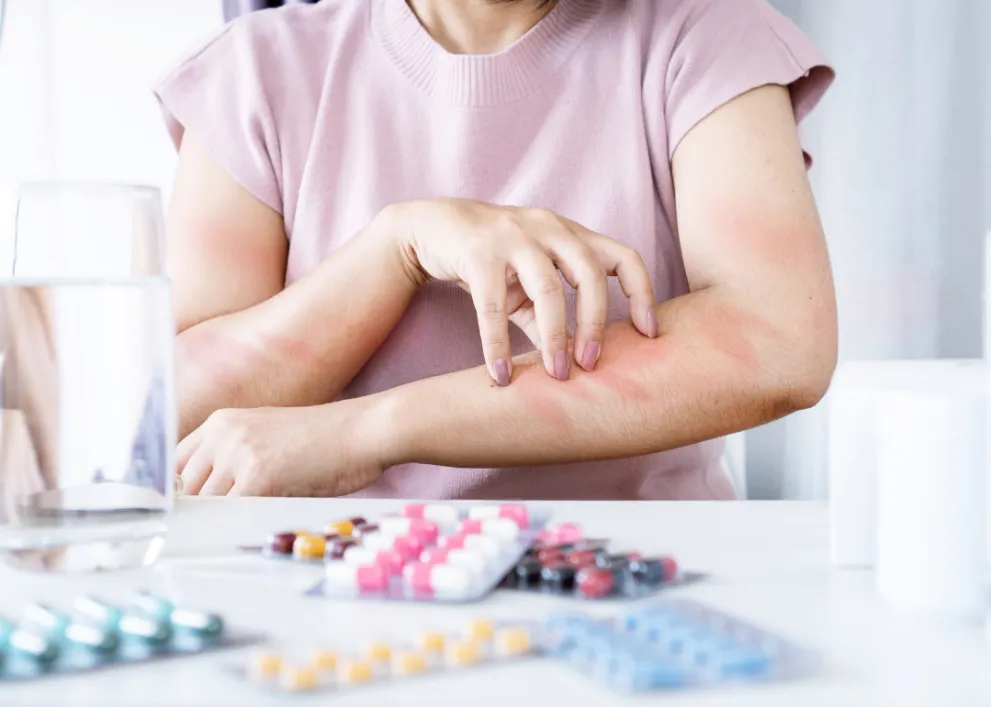In September, the Foundation for Women's Cancer (FWC) sponsors Gynecologic Cancer Awareness Month. This important event raises awareness of all gynecologic cancer: cervical, uterine, ovarian, vaginal, and endometriosis. Their goal is to increase knowledge of women's health issues and the effect of gynecologic cancer.
The most important factor in preventing and treating cancer is patient awareness and early detection. Learning about the types of cancers and the need for regular screening is the goal of Gynecologic Cancer Awareness Month. RxLess joins them in this critical task.
What Are Gynecologic Cancers?
Gynecologic cancers are cancers of the female reproductive system. Most gynecologic cancers have few or no symptoms and are only detectable by regular cancer screenings, like Pap smears and blood tests. Knowing your risk factors and early detection techniques is very important. Someone is diagnosed with gynecological cancer every five minutes. Each year more than 33,000 people die despite treatment.
Cervical Cancer
The cervix is the opening between the uterus and vagina. Cervical cancer is caused by abnormal growth in the cells of this opening. A Pap smear can detect this abnormal growth early, and there is a vaccine, the HPV vaccine, that can prevent the development of cancer. The HPV vaccine is available at most pharmacies with or without prescription. Ask your pharmacist for details.
Ovarian Cancer
Ovarian cancer occurs in the ovaries and can either occur on the surface ('epithelial') or within the ovary itself ('germ cell'). Epithelial ovarian cancer is the more common of the types and is associated with familial breast cancer.
Uterine/Endometrial Cancer
Cancers of the uterus and endometrium, or lining of the uterus, are diagnosed after symptoms appear, usually unusual bleeding between periods or post-menopause. Women should be alert to their typical cycles and report any spotting, heavy bleeding, or unusual discharge to their gynecologists right away.
Staying Healthy and Reducing Risk
The best way to reduce your cancer risk is to keep your body healthy. Diet, exercise, and regular doctor visits are the top ways to be certain your system is free of cancer. Discuss your prevention options with your doctor and pharmacist when you visit. Other ways to stay healthy:
- Eat plenty of fruits, vegetables, and whole grains. Avoid foods high in fat and sugar.
- Limit alcohol intake.
- Limit your salt intake. Salt is associated with high blood pressure and hypertension, and stress can aggravate cancer or precancerous conditions.
- Avoid using supplements or high doses of vitamins as a cancer preventative. Things like soy, vitamin C, and fish oil have been touted as cancer preventive supplements, but this has not been proven. Only use supplements when prescribed by your doctor.
Tips for Saving at the Pharmacy
Use your RxLess discount card for savings on any medications you need if you're trying to stay healthy, or need to save money on hormone therapy medications:
- Luteinizing-hormone-releasing hormone (LHRH) agonists: goserelin (Zoladex') and leuprolide (Lupron')
- Tamoxifen
- Aromatase inhibitors: letrozole (Femara'), anastrozole (Arimidex'), and exemestane (Aromasin')
















